These reflections are a result of more than 40 years of ministry as a Roman Catholic priest. Most of these years I spent in the Diocese of Charlotte which covers Western North Carolina. Now I am retired, and live in Medellín, Colombia where I continue to serve as a priest in the Archdiocese of Medellín.
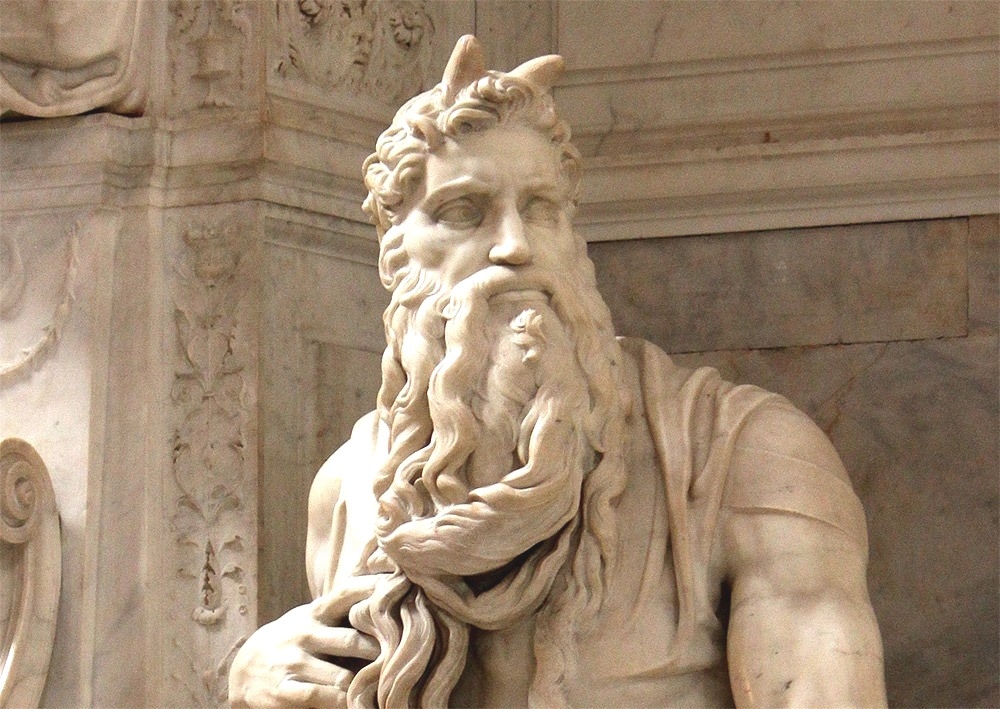
The LORD answered, “Him only who has sinned against me
will I strike out of my book.
Now, go and lead the people to the place I have told you.
My angel will go before you. (Exodus 32:15-24, 30-34)
The Incident of the Golden Calf so disheartens Moses that he asks God to strike him out of the book. God tells Moses that he doesn’t get off that easy: “Now, go and lead the people to the place I have told you.” God will take care of those who have sinned later. Today’s feast of the parents of the Virgin Mary reminds us of the importance of our grandparents in the life of faith.
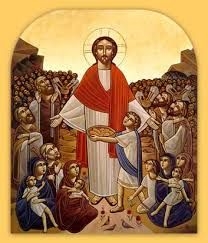
One of his disciples,
Andrew, the brother of Simon Peter, said to him,
“There is a boy here who has five barley loaves and two fish;
but what good are these for so many?” (Jn 6:1-15)
Today we begin the great Bread of Life Discourse from the Fourth Gospel (according to John). So much depends on a small boy with his bag lunch. In Santiago de Compostela, Spain, today is a special holy day . . . the feast of Saint James, Apostle. When the feast fall on a Sunday, the whole year is considered a “holy year” for those of the Camino. Pope Francis has declared today as the first world day for Grandparents and the Elderly.
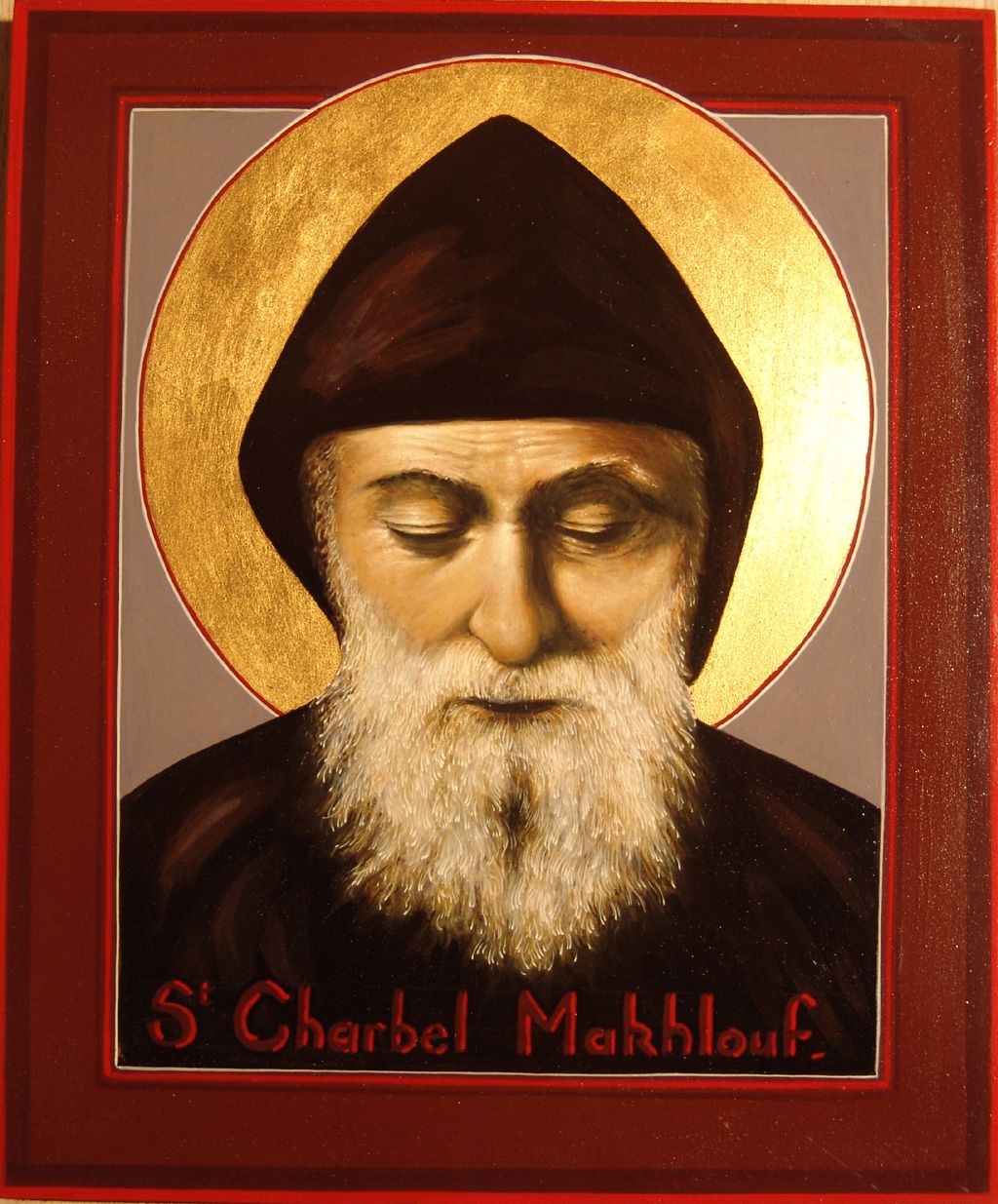
The slaves of the householder came to him and said,
‘Master, did you not sow good seed in your field?
Where have the weeds come from?’ (Mt 13:24-30)
Yes, where do the weeds come from? We of course would like to be the one who get to weed the garden. Perhaps the owner of the garden knows best. Saint Sharbel is probably the most famous Lebanese monk ever.
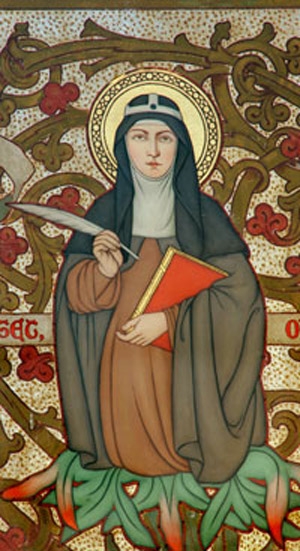
R. Alleluia, alleluia.
Blessed are they who have kept the word with a generous heart
and yield a harvest through perseverance. (Lk 8:15)
R. Alleluia, alleluia.
Saint Bridget of Sweden persevered . . . and spent her life following Christ by serving others.
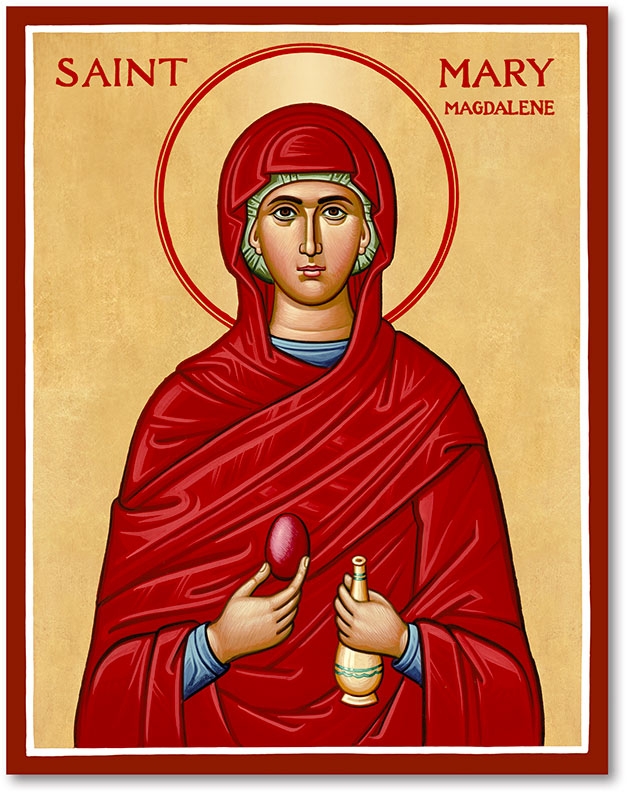
Jesus said to her, “Mary!”
She turned and said to him in Hebrew,
“Rabbouni,” which means Teacher.
Jesus said to her,
“Stop holding on to me, for I have not yet ascended to the Father.
But go to my brothers and tell them,
‘I am going to my Father and your Father,
to my God and your God.’”
Mary Magdalene went and announced to the disciples,
“I have seen the Lord,”
and then reported what he told her. (John 20:1-2, 11-18)
For many people, the first time they ever gave a thought to Mary Magdalene is because of the musical, Jesus Christ Superstar. But Mary Magdalene is finally coming into her own. Pope Francis raised her memorial to the rank of feast, the same rank as the apostles, for as the early church always said of Mary Magdalene, “she is the apostle to the apostles.”



